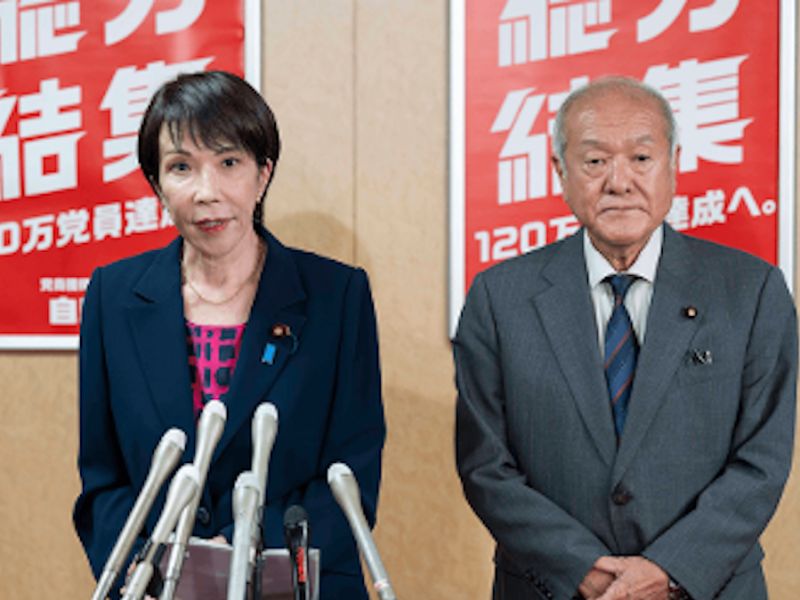Business
Moscow Escalates Strikes as Berlin Faces Economic Uncertainty

Tensions are escalating across multiple fronts as Russia intensifies its military actions while Germany grapples with economic instability. Reports indicate that the Kremlin is increasing strikes and advancing its positions, even as the United States contemplates further military support and intelligence sharing.
In Moscow, the government appears undeterred by Western expectations of a possible collapse. Instead, Russia’s economy and war efforts remain surprisingly robust. The Kremlin is reportedly maintaining communication channels with former U.S. President Donald Trump, seeking to negotiate terms that could influence future relations. This development comes as Ukrainian President Volodymyr Zelensky adopts more aggressive military strategies, aiming to counteract Russian advances.
Germany’s Economic Challenges Deepen
While Russia enhances its military capabilities, Germany faces a downturn in its economic performance. According to Diego Faßnacht, the country’s traditional business backbone, known as the Mittelstand, is experiencing significant strain. Reports highlight a decline in equity ratios, shrinking profits, and stalled investments, which contribute to an overall dip in industrial output.
The combination of high operational costs and policy uncertainty is heightening the risk of insolvency for many firms. Analysts suggest that these issues are indicative of a structural weakness within Germany’s economy, rather than merely cyclical fluctuations. As capital and confidence wane, the productive core of the nation is at risk of significant erosion.
Japan Shifts Politically Under Takaichi’s Leadership
In Japan, political dynamics are shifting as Sanae Takaichi rises within the ruling Liberal Democratic Party (LDP). Her recent victory has had immediate effects on the financial markets, driving up equities and defense-related stocks while the yen weakens. This signals a potential shift towards looser monetary policies and a more aggressive security posture.
However, Takaichi’s ascent comes with challenges. The delicate coalition with the Komeito party, along with pressures from Donald Trump regarding tariffs and investments, will test her commitment to the “Japan First” agenda. Balancing these demands without inciting inflation or diplomatic tensions will be crucial as she navigates the complexities of both domestic and international politics.
As these three nations navigate their respective challenges—military escalation in Russia, economic uncertainty in Germany, and political shifts in Japan—the interplay of these dynamics will significantly impact global relations and stability in the coming months.
-

 Lifestyle4 months ago
Lifestyle4 months agoHumanism Camp Engages 250 Youths in Summer Fest 2025
-

 Business5 months ago
Business5 months agoKenvue Dismisses CEO Thibaut Mongon as Strategic Review Advances
-

 Sports4 months ago
Sports4 months agoDe Minaur Triumphs at Washington Open After Thrilling Comeback
-

 Sports5 months ago
Sports5 months agoTupou and Daugunu Join First Nations Squad for Lions Clash
-

 Top Stories5 months ago
Top Stories5 months agoColombian Senator Miguel Uribe Shows Signs of Recovery After Attack
-

 World5 months ago
World5 months agoASEAN Gears Up for Historic Joint Meeting of Foreign and Economic Ministers
-

 Health4 months ago
Health4 months agoNew Study Challenges Assumptions About Aging and Inflammation
-

 Business5 months ago
Business5 months agoOil Prices Surge Following New EU Sanctions on Russia
-

 Entertainment4 months ago
Entertainment4 months agoDetaşe-Sabah Violin Ensemble Captivates at Gabala Music Festival
-

 Entertainment4 months ago
Entertainment4 months agoBaku Metro Extends Hours for Justin Timberlake Concert
-

 Top Stories5 months ago
Top Stories5 months agoRethinking Singapore’s F&B Regulations Amid Business Closures
-

 Business5 months ago
Business5 months agoU.S. House Approves Stablecoin Bill, Sends to Trump for Signature









